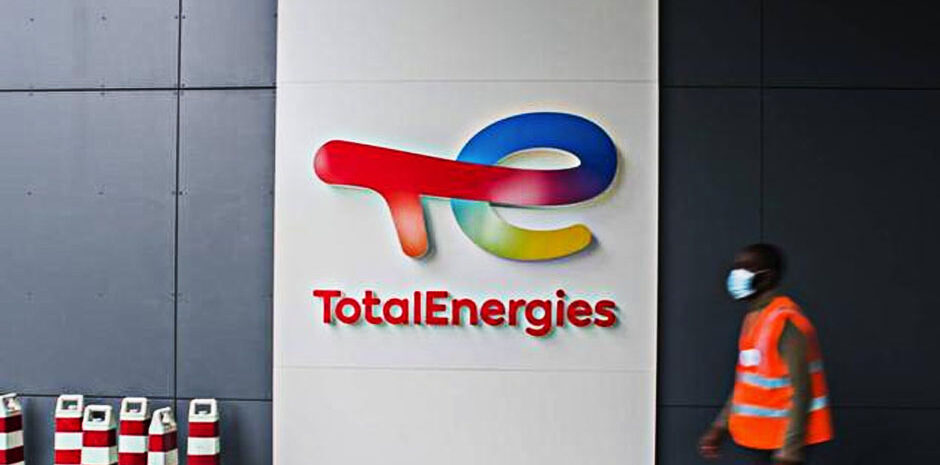French oil major TotalEnergies is expected to end the suspense in a matter of weeks. The resumption of work on its gas liquefaction unit is now expected soon by its numerous contractors and the Mozambican government.
On August 16, Mozambique’s Minister of Mineral Resources and Energy, Carlos Zacarias, publicly urged TotalEnergies to suspend the declaration of force majeure that halted construction of Mozambique’s LNG liquefaction plant, with an annual production capacity of 12, 9 million tons, in the province of Cabo Delgado, in the north of the country.
There are a number of issues at stake. The country urgently needs foreign currency, while, with the October 2024 presidential elections approaching, President Filipe Nyusi seeks to mark the country’s history, leaving behind a consequential industrial legacy. Nyusi cannot run in the elections because he has already been in power for 10 years and has completed two terms as president.
Internal discussions
TotalEnergies, which controls the LNG Mozambique project through a 26.5% stake, currently intends to revoke its force majeure declaration in the last quarter of this year. A meeting to discuss the status of the project took place at the group’s headquarters in France at the end of August. In particular, CEO Patrick Pouyanne and Maxime Rabilloud, head of the group’s subsidiary in Maputo, were present.
The increase in the cost of the project is a major source of concern for the group and is at the center of talks taking place between it and its main subcontractor CCS, a joint venture formed by Italian contractor Saipem, US group McDermott and Chiyoda of Japan.
Several TotalEnergies executives were sent to talk to members of the joint venture to try to find ways to reduce costs. LNG Mozambique’s purchasing manager, Lei von Habsburg-Lothringen, was sent to Milan a few weeks ago for a year-long internship at Saipem (AI, 10/7/23).
Once the force majeure clause is lifted, it will be between six and 10 months before CCS can resume work on LNG Mozambique. The joint venture will need to get up to speed with its own subcontractors. Furthermore, they are likely to seek additional funds after having spent more than two years on hold while raw material prices soared.
Tensions in the troops
The security situation appears to be less of a source of internal tension. TotalEnergies vice-president of security, General Denis Favier, reportedly gave his approval for work to resume. TotalEnergies officially declared force majeure in April 2021, after work on LNG Mozambique was halted in December 2020. This allowed the group to suspend work on the project until safety conditions improved. In July 2021, thousands of soldiers from Rwanda and the Southern African Development Community (SADC) arrived in Cabo Delgado province. Since then, the number of attacks carried out by armed groups in the province has fallen drastically.
Calm, however, was not fully restored. There have been some tensions between Rwandan and Mozambican troops (AI, 18/07/23). To try to ensure that these tensions are not exacerbated, Rwandan President Paul Kagame and Mozambican President Filipe Nyusi met in Kigali at the end of July. Nyusi was even invited to visit his Rwandan counterpart’s farm.
There are currently no plans to withdraw the more than 2,000 Rwandan soldiers from Mozambique, but the presence of a foreign army in the country is causing increasing discomfort at TotalEnergies. It also fears that if Rwandan Defense Forces (RDF) troops leave, they could be replaced in the long term by private Rwandan security companies.



